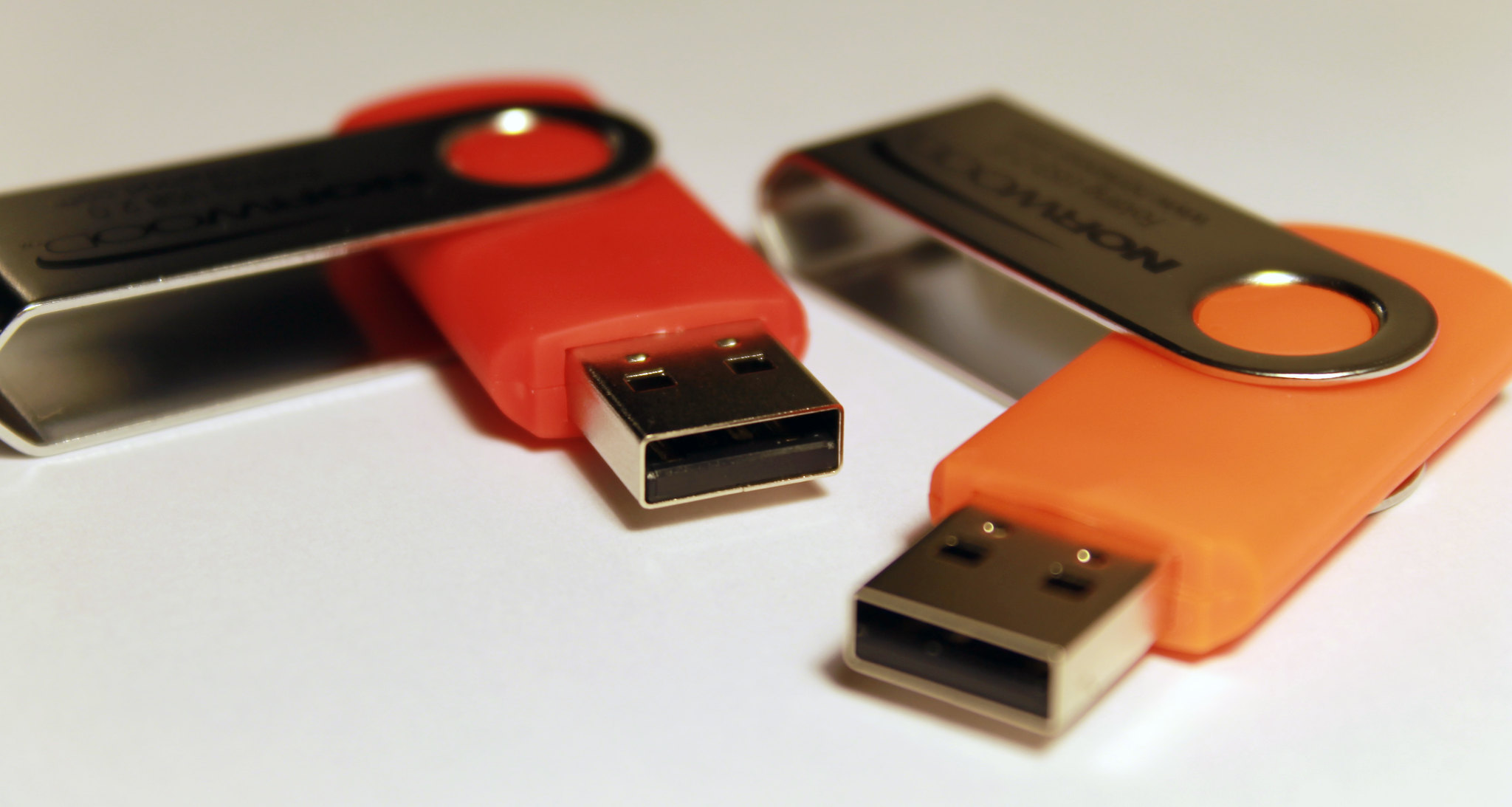Say you’re on a long trip, or you’re traveling light or you need to print airline tickets for, say… Ryan Air. You, my friend, may need to use someone else’s computer or even a *gasp* cyber cafe to access that itinerary, respond to an email to meet up with friends, or check your bank account.
That means we need to talk about strangers and viruses. (anyone else having high-school flashbacks?) I’ve never been handed a flash drive overseas that wasn’t absolutely loaded with viruses.
Q: So why would you trust a public computer to access your personal information?
A: You wouldn’t.
One of my favorite apps is a platform of mini, Portable Apps that you can take with you on a flash drive anywhere in the world.
The benefit? If you’re forced to use a foreign computer, this handy progrum lets you use your own browser (your cookies are your own), your own virus protection, and keeps your docs on your flash, not on their hard drive (meta-data). Think of it as the toilet seat cover you wish you had at the random gas station bathroom. For an investment of 20 minutes and one flash drive you can safely use any computer overseas as if it were your own. Nice.
Installation:
Install process was easy and well explained on their site . Download to a flash drive, click run, and add apps you would use – there are literally 300 apps to choose from. I recommend downloading and running all the progrums at home before you leave; this will ensure all are installed properly and up to date.
I’ve never been handed a flash drive overseas that wasn’t absolutely loaded with viruses
The apps I use as part of PortableApps:
• ClamWin for virus protection: After all, you don’t know how many strange machines you may plug into while overseas.
• Internet Browser (Opera or Firefox): Using your own browser means that any cookies recorded will stay on your flash drive and not the host computer.
• On-screen keyboard – fixes that “éçàô” foreign keyboard problémo muy pronto.
• KeePass: Scientific studies have shown that people actually use 11% of their brains now. The extra 1% is used to remember passwords. Now you just have to manage to remember one.
• Irfan – to manage all those pics you’ve been taking.
• Foxit PDF reader: Open and read PDFs.
• 7-Zip: Open zip files.
• FCWorldClock: What time is it again?
• Don’t panic: Just for fun.
Bonus apps (not part of Portable Apps)
• Postagram: Sending postcards of pics that YOU took with captions YOU write. Double bonus: Printed and mailed from the US, so no more post cards lost in the mail. Downside: No cool stamps. Upside: No trying to find a post office or buy correct postage…
• VPN: If you plan on accessing personal or banking information online, I always recommend using a VPN to encrypt your information. I prefer Private tunnel, but you can also use proxy VPNs like Hide My Ass or Cyber Ghost.
What’s a VPN? I’m glad you asked: LifeHacker explains.
So, with one easy progrum you can protect yourself while using that ancient, virus infested computer at the entrance of the hostel you’re staying in. For more on keeping your tech gear safe as well as more on virtual security while overseas, other apps and keeping your data safe, check out my article on Virtual Safety.
Have you ever gone home with a virus?
😉



